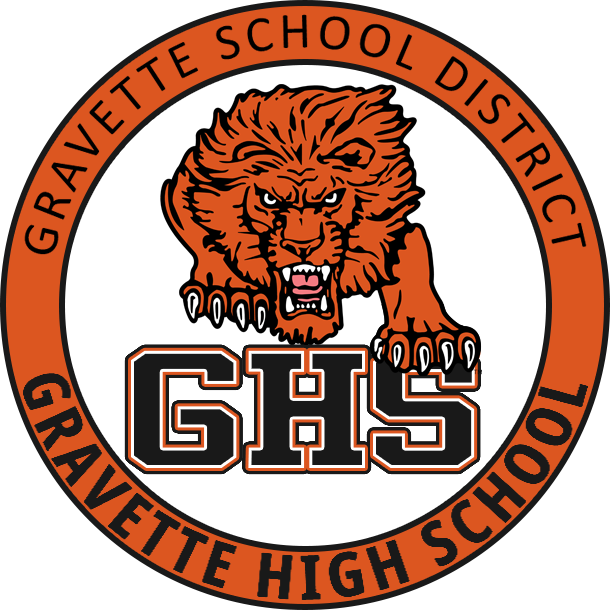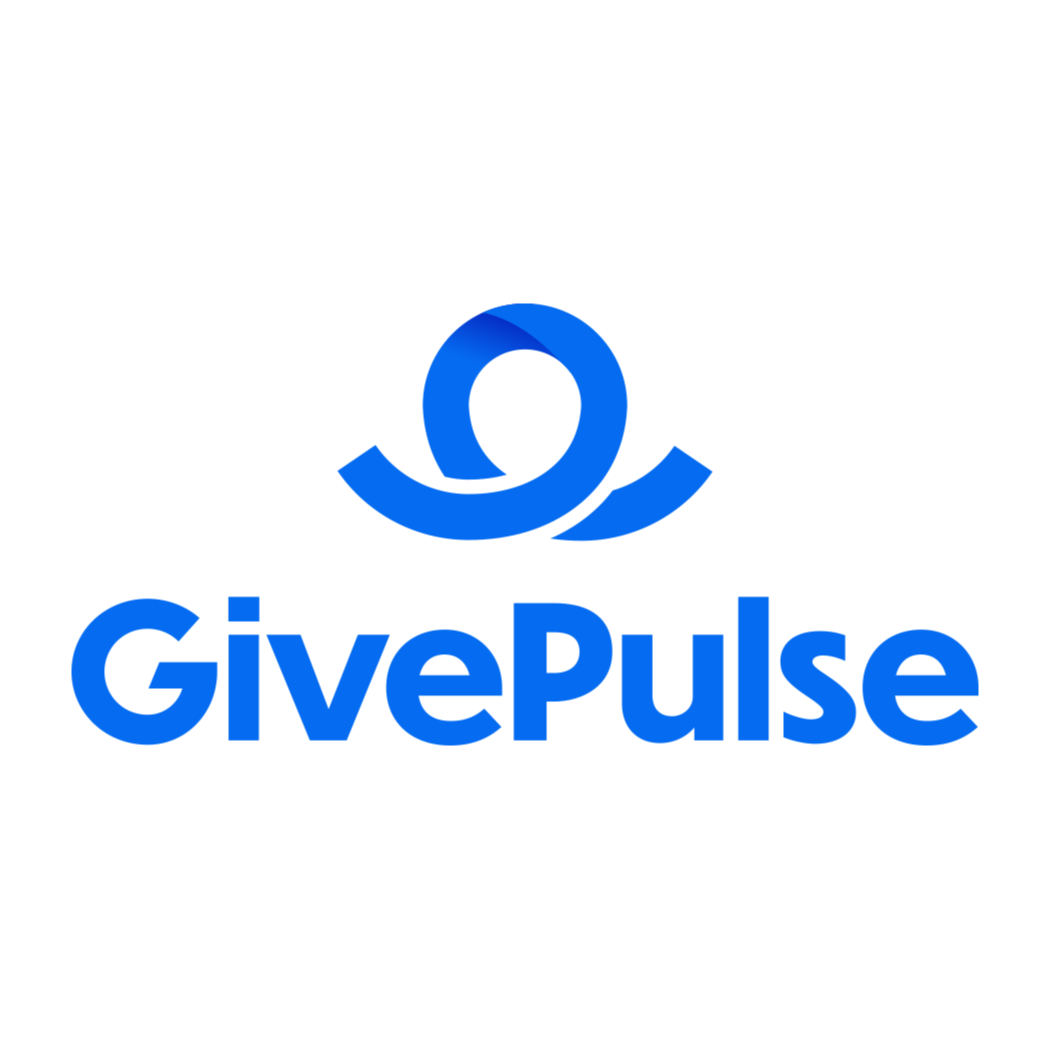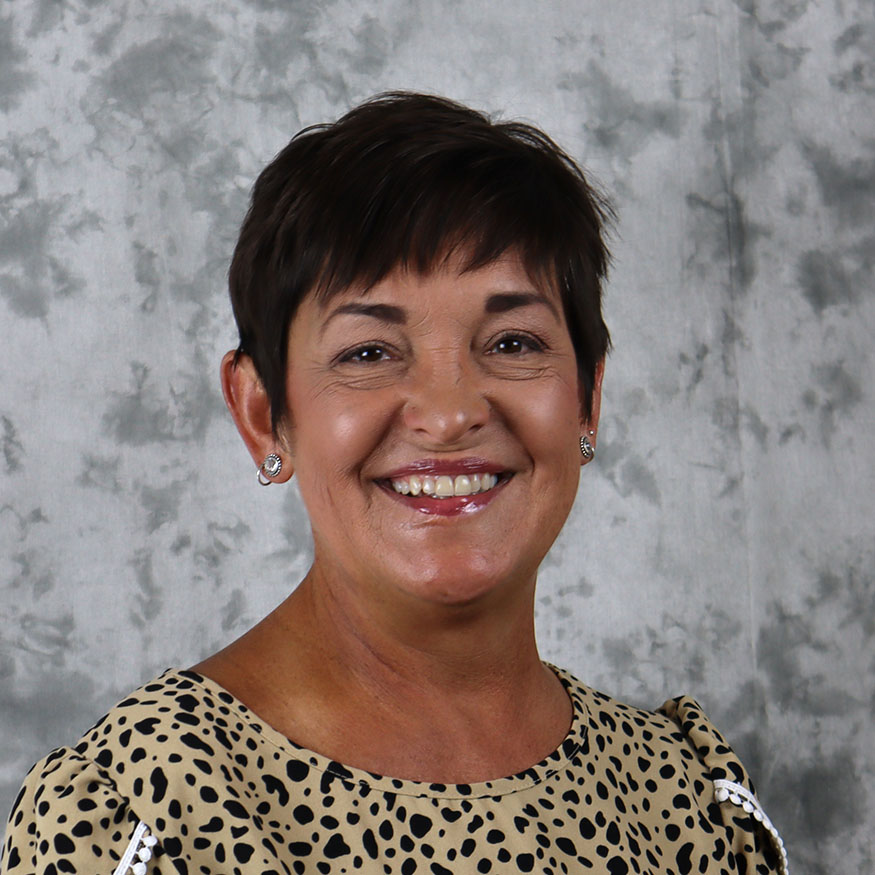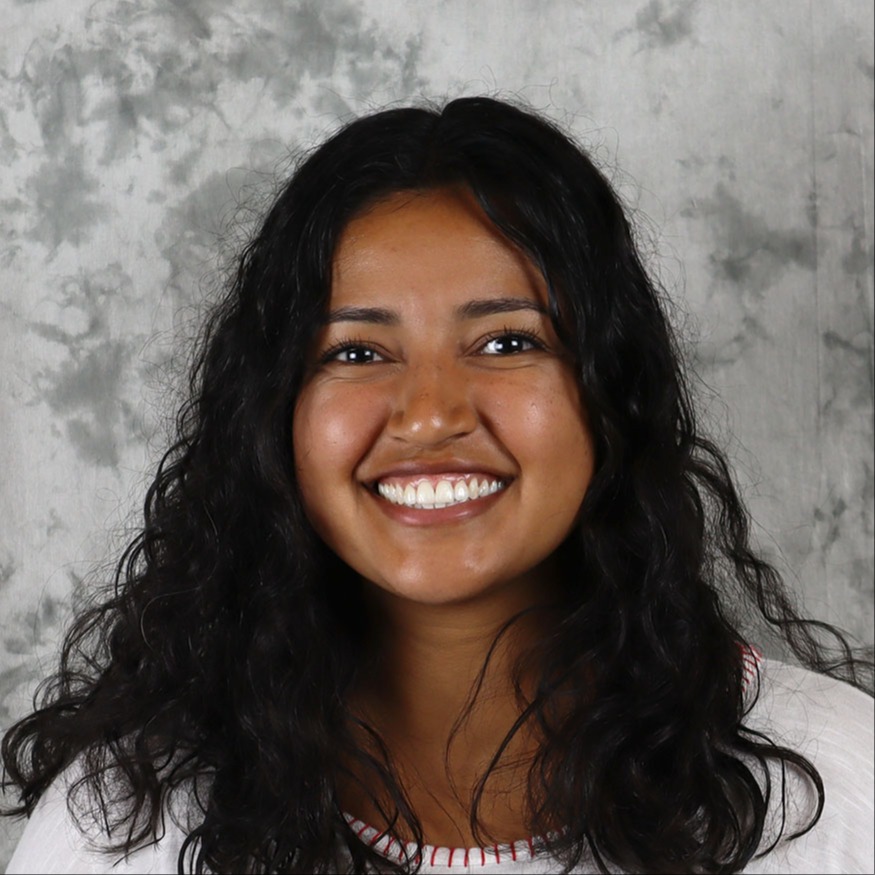Gravette High School has partnered with the Volunteer Services Platform GivePulse. GivePulse is a single platform for organizations to list and manage volunteer events and fundraisers. Users can communicate with volunteers and organizations, collect data, track hours, and leave reviews, ratings and feedback.
Students may register for events and log their hours on this service, and community members can register their organizations on the service for free to offer volunteer opportunities to GHS students. All submissions are subject to a screening process by GHS staff, but organizations have an option to "Affiliate" with GHS and have their listings posted instantly.



